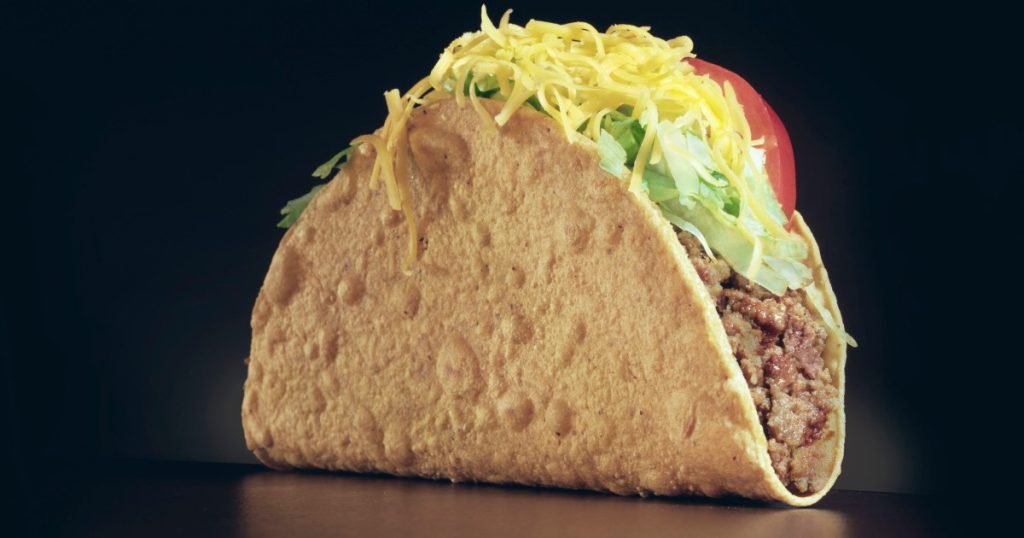In a surprising legal ruling in Indiana, a judge has determined that tacos and burritos can be considered sandwiches. The case began in 2022 when developer Martin Quintana proposed opening a restaurant called “The Famous Taco Mexican Grill” in a strip mall in Fort Wayne. However, the Allen County Planning Commission initially rejected his application due to a commitment he had signed that only allowed alcohol-free restaurants serving “made-to-order or subway-style sandwiches” at the location to prevent national fast-food chains from opening in the area.
After a lengthy legal battle, Judge Craig Bobay of the Allen County Superior Court ultimately ruled in Quintana’s favor. He determined that the Famous Taco restaurant would be allowed based on the original commitment, as tacos and burritos were considered Mexican-style sandwiches in his opinion. According to Bobay’s ruling, the original commitment did not explicitly restrict potential restaurants to only American cuisine-style sandwiches, leading to the conclusion that Quintana’s plans could move forward.
The case highlights the complex and sometimes surprising nature of legal interpretations, particularly when it comes to determining what constitutes a sandwich. While the traditional definition of a sandwich typically involves two slices of bread with filling in between, the judge’s ruling opens up the possibility for other types of food items to be classified in this category. In this instance, the inclusion of tacos and burritos under the sandwich umbrella is a unique interpretation that has sparked discussion and debate.
The legal battle surrounding the Famous Taco Mexican Grill restaurant underscores the importance of clear and precise language in legal agreements. The original commitment that Quintana signed was intended to limit the types of restaurants that could open in the strip mall to specific criteria. However, the broad wording of the agreement ultimately allowed for a more expansive interpretation, leading to the judge’s ruling in favor of Quintana’s plans.
This case serves as a reminder that legal disputes can arise from seemingly minor details and that language matters when drafting contracts and agreements. The significance of understanding and interpreting the terms of such documents cannot be overstated, as evidenced by the outcome of the Famous Taco Mexican Grill case. As interpretations can vary widely, it is crucial for parties to clearly define their intentions and expectations in written commitments to avoid potential conflicts down the line.
In conclusion, the ruling that tacos and burritos can be classified as sandwiches in this particular legal case has sparked widespread interest and raised questions about the definition of a sandwich. While the judge’s decision may have been unexpected to some, it underscores the importance of clarity and precision in legal matters. As the case continues to unfold, it serves as a fascinating example of how seemingly simple concepts can lead to complex legal disputes, ultimately resulting in surprising outcomes.


